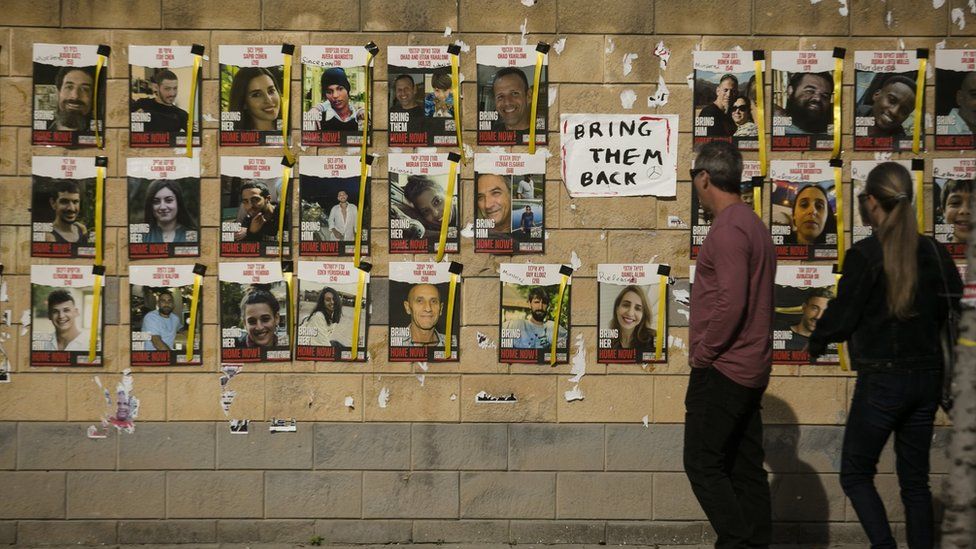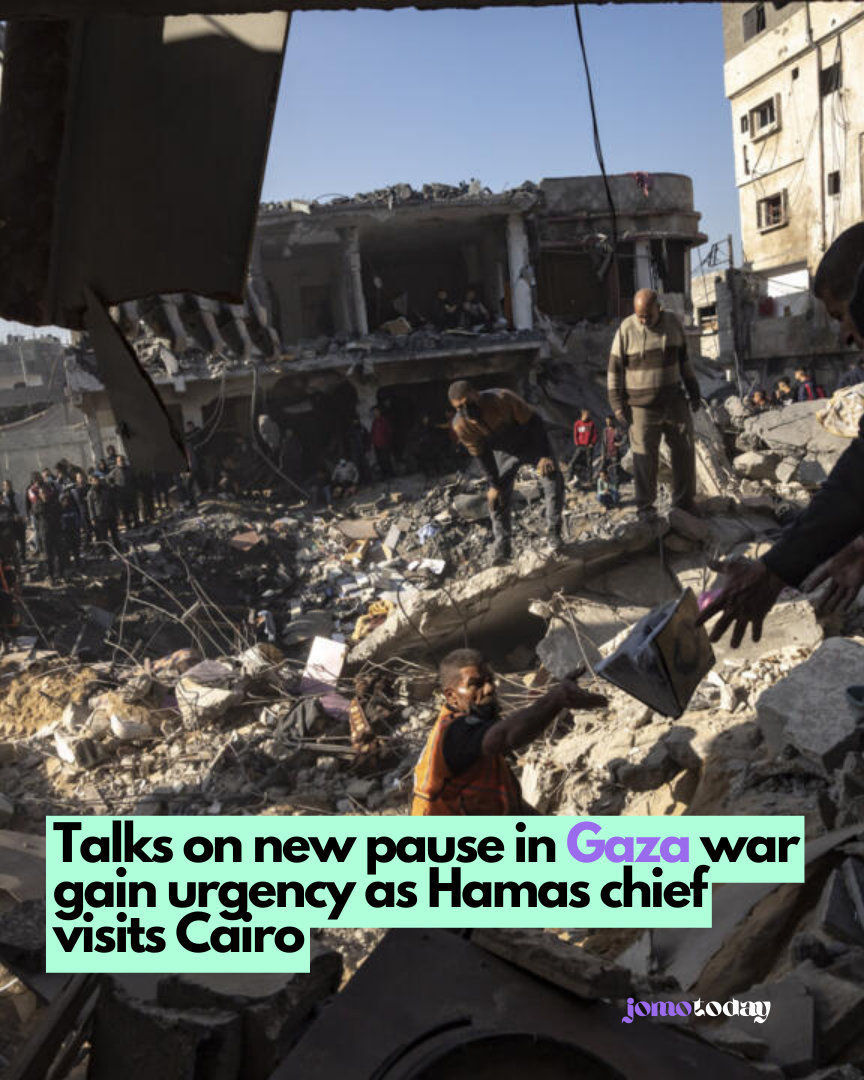While the prospect of a comprehensive ceasefire in the Gaza Strip remains distant, there are emerging signs suggesting the potential for a temporary cessation of hostilities between Israel and Hamas. This, however, hinges on a pivotal shift in Hamas’s public stance, which has steadfastly maintained that it would only consider the release of more Israeli hostages in exchange for a permanent ceasefire.

Adding weight to the situation is the recent move of Hamas leader Ismail Haniyeh, traditionally based in Doha, to travel to Cairo accompanied by a “high-level” delegation for talks with Abbas Kamel, Egypt’s intelligence chief. This diplomatic development underscores a heightened level of seriousness, especially given Egypt’s and Qatar’s pivotal roles in mediating conflicts and their previous success in securing a week-long truce.
Israel, meanwhile, remains firm in its position that the resolution of the Gaza conflict is contingent upon the dismantling of Hamas, which has governed the region since 2007. Reports from mainstream Israeli media indicate that Israel has presented a plan to mediators, outlining the potential release of approximately 30 to 40 hostages. The proposed prioritization includes women, elderly individuals, and those in urgent need of medical attention.
This proposed exchange involves the hostages in return for Palestinians held in Israeli prisons, individuals with more serious convictions than those released in previous deals. The envisioned truce could span a week or two, with Israeli President Isaac Herzog expressing readiness for “another humanitarian pause” and additional aid to facilitate the release of hostages, as he communicated to foreign diplomats.
Israeli Prime Minister Benjamin Netanyahu, after meeting with families of hostages in Gaza, reiterated the top priority of retrieving them. The head of Israel’s Mossad spy agency has actively sought support for a new release deal, engaging in discussions with counterparts in Europe.
Israeli leaders maintain the position that applying strong military pressure on Hamas is crucial to bringing the group to the negotiating table, although families of the remaining hostages openly express skepticism. Recent accidental killings of three hostages by Israeli forces have further heightened anxieties and underscored the urgency of finding a resolution.
Hamas and Islamic Jihad have released videos featuring five men still held captive, pleading to be brought home and expressing fear of becoming victims of Israeli bombardment. Ziyad al-Nakhalah, the head of Palestinian Islamic Jihad, is scheduled to travel to Cairo with other senior officials, indicating ongoing diplomatic efforts.
While it is believed that over 100 hostages remain alive in Gaza, following the release of 105 civilians in late November, there is a growing global call for a complete ceasefire, including at the UN General Assembly. With the death toll in Gaza nearing 20,000 and 1.9 million residents having fled or lost their homes, the UN emphasizes the urgent need for humanitarian aid, highlighting the strained capacity of aid agencies to address the escalating crisis.
As the humanitarian response system teeters on the brink, UN officials stress the need for more concerted efforts. A potential new pause in fighting could provide a crucial window for increased aid delivery and distribution, offering a glimmer of hope amid the displacement and active hostilities in the region.
Read more: Parliament winter session: India opposition fury as 141 MPs suspended






1 Comment